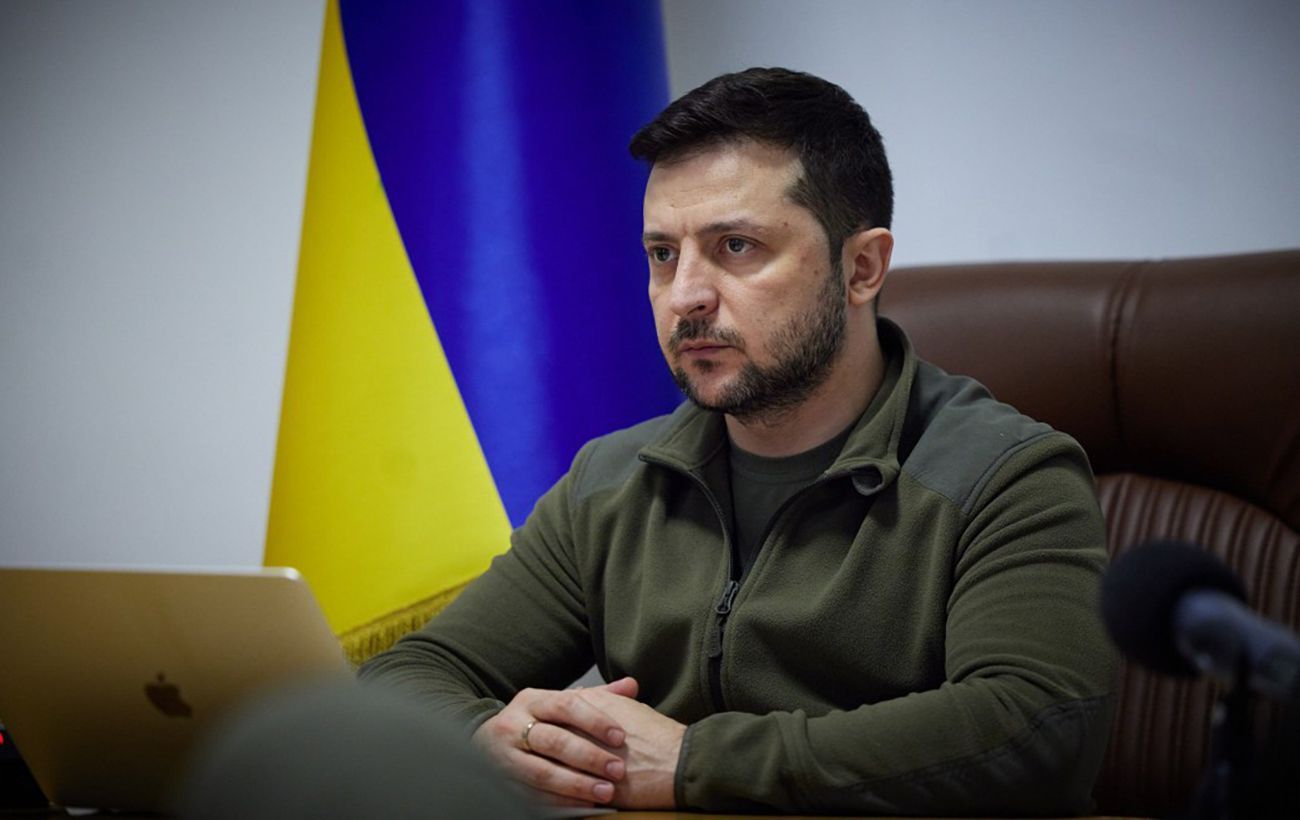A “pandemic epidemic“It is with this disturbing vision that Marie-Monique Robin, director and journalist who won the Albert Londres Award in 1995, completed her great investigation” La Fabrique des Pandemics “.
First reported in book form – published by La Découverte in 2021 – then documentary(1)published in May, the report demonstrates the role of humans in the emergence, in the last 50 years, of infectious diseases (Zika, Ebola, AIDS, Covid-19, etc.) with a high pandemic potential.
It is a difficult world tour and dozens of interviews with scientists, accompanied by actress Juliette Binoche, whom Marie-Monique Robin wanted to tell in our columns.
How did you come up with the idea of doing this long-term survey?
At the time, I was confined to my home like the rest of the planet due to Covid-19. And it was while reading an article from the New York Timestitled “We created the coronavirus epidemic“, That I wanted to deepen the subject.
Normally I make a documentary first, then I write a book. This allows me to absorb the soil to feed the pages. But at the beginning of 2020 it is impossible to travel. I therefore decided to interview about sixty scientists remotely to understand the causes of these disease emergencies. The documentary begins in March 2021.
And what have you learned?
That deforestation, intensive agriculture and globalization are at the origin of these new pandemics. When natural environments are destroyed by humans, biodiversity loses its balance and releases viruses through stressed fauna that carries numerous pathogens.
This is what happened in Malaysia, where the bats came out of their forests, attracted by the fruits of the monoculture mango trees. However, pigs were raised at the foot of the trees, which were in direct contact with the droppings and urine of bats. They then caught the Nipah virus, got sick with the loggers, and the meat was exported anyway, spreading the disease.
You traveled a lot to make your documentary. How did the shooting go?
We went through eight different countries: Mexico, Guyana, Gabon, Madagascar, Thailand, among others. And it was really difficult because many borders remained closed or severely restricted in early March 2021, when filming began. Fortunately, we had the support of the Quai d’Orsay, which compiled a large file with “compelling reason” written. [rires]
And I’m not even talking about the relentless PCR testing. Once a nurse had to come and test us deep in the Gabonese jungle, on muddy tracks, because we had to take a plane. A real drag!
Juliette Binoche was with you. Did the collaboration go well?
This meeting happened a bit by chance, if I may say so. In August 2020 I was writing my book and finishing the synopsis of my film, and Juliette Binoche called me to be part of the jury of the Festival de l’environnement, in Porquerolles. She then she bent over my works and she said to me: “It is very interesting what you are doing! I don’t know much about science, I would love to be with you “.
It was great, because Juliette really played the game, of course I wrote the interview questions, which we worked on together afterwards, but I gave her carte blanche to ask others. She made her curiosity work like any spectator with no scientific training. I think you made the documentary even more accessible to the general public. In any case, it was the bet! [rires]
What was your mood during and at the end of the shoot?
To make this documentary, we went through wonderful places: mangrove tunnels with many birds, lush jungles, etc. Juliette and I often had tears in our eyes from emotion. Through the film, I wanted to make us understand things, it is the intellectual side, but also to be touched.
Sometimes there were breaks of several months between filming and most of the five team members were working freelance. So we were all happy to see each other again when we could resume.
But while traveling I also saw with my own eyes the upheavals of biodiversity, which is seriously deteriorating. At the end of my world tour, I’m not going to lie to you, I was frankly worried. Humanity is crossing all borders of the planet (points of no return) such as ocean acidification, chemical pollution, biodiversity loss, etc.
With the dry and hot summer of 2022, do you think there has been a real awareness of environmental issues?
I’m not sure. On the part of the citizens, many people, including local elected officials, told me they understood that global warming was there, that it existed. We still had to wait for a super big drought to wake up!
But on the political side, we must now act. It’s okay to acknowledge disasters, but that’s not enough.
So I am not convinced, for the moment, that we are taking measures commensurate with the challenges of our time.
1. The documentary airs at 8 pm at the CGR cinema. Admission 6 euros (5 euros for the cinema + 1 euro at the entrance to the hall for Colibis83-Dracénie). Reservations strongly recommended.
–


